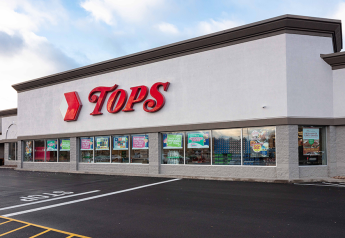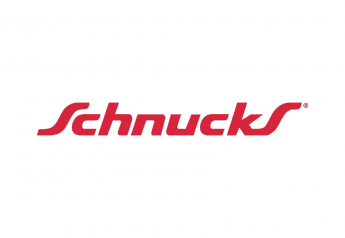UF study: Fully recyclable packaging makes consumers feel better about meal kits

Meal kits are growing in popularity, with national sales predicted to increase from $4.6 billion in 2017 to $11.6 billion in 2022.
Meal kits include pre-cut raw foods and recipe cards to prepare a home-cooked meal, but they come with packaging waste.
A new UF/IFAS study shows that consumers prefer meal kits (online or in store) with organic, local and pre-cut ingredients. The research shows consumers are willing to pay more for meal kits at a grocery store – rather than online – if they can find the same kits at both places.
Right now, if you buy meal kits from a grocery store, you can reduce the insulation and carboard packaging waste that comes with purchasing a kit online, said Sungeun Yoon, a postdoctoral researcher in food and resource economics.
Knowing that, researchers wanted to know how efforts to reduce packaging waste impact consumer preferences for meal kits.
“We wanted to know if consumers would feel better about online meal kits in terms of waste generation when provided with fully recyclable packaging,” said Yoon, who conducted the research with UF/IFAS professors Zhifeng Gao and Lisa House. “It turns out they do. Consumers perceive fully recyclable packaging as comparable to minimal packaging of in-store meal kits. However, the perception change does not lead to behavior change. Consumers still prefer the grocery option for other reasons than environmental. Other reasons could include flexibility of in-store meal kits.”
For the study, Yoon , Gao and House conducted a nationwide internet survey of 1,217 people and found – among other things – that consumers are willing to pay $2.14 more per serving for meal kits sold at grocery stores, compared to those sold online.
Among other areas that researchers delved into, they specifically surveyed respondents about their willingness to pay for four attributes of meal kits:
- Online vs. the grocery store.
- Production method – organic vs. not organic.
- Ingredient source – local vs. not local.
- Preparation effort needed -- low vs. high.
Although the research was done prior to the pandemic (2019), consumer demand for meal kits has increased since COVID struck. People are more likely to stay home and get their healthy meal ingredients delivered.
The trick, says Yoon, is to make the meal kits fully recyclable.
“Fully recyclable packaging significantly reduces the negative emotions associated with the packaging waste of online meal kits. Consumers perceive fully recyclable packaging as comparable to no packaging waste,” Yoon said. “Packaging waste might not be one of the critical reasons determining consumers’ decisions to consume or not to consume food products. Still, with the increasing awareness of environmental issues, food should be consumed to minimize its environmental impact.”







